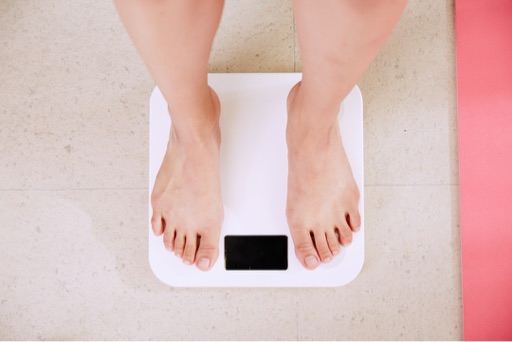Eli Lilly, the maker of the popular weight loss injection Zepbound, is exploring other ways the drug can help people. In an interview with the Economic Club of Washington, D.C., the company’s CEO, David Ricks, discussed the pharmaceutical giant’s plans for 2025.
“These medicines, we think, and we aim to prove, can be used for other things we don’t think about connected to weight,” Ricks said. “These are often called anti-hedonics, so they are reducing that desire cycle. So, next year you’ll see Lilly start large studies in alcohol abuse, in nicotine use, even in drug abuse.”
Zepbound is a GLP-1 drug, which works by mimicking hormones that make you feel satisfied after eating. Researchers have known the mechanism in the brain that regulates food-seeking behaviors overlaps with the mechanism that regulates why some people develop addiction. However, Ricks noted that Eli Lilly’s upcoming study will be the first to test the use of these drugs specifically to treat addiction.
Zepbound started under the name Mounjaro as a treatment for Type 2 diabetes. Eli Lilly later discovered that patients could use Mounjaro’s active ingredient, tirzepatide, as an off-label prescription to encourage weight loss, leading to the FDA’s approval of a version for weight loss purposes under the name Zepbound.
A new study by Loyola University, published in the journal “Addiction,” found that GLP-1 drugs show promise for treating drug and alcohol addiction. Researchers discovered that individuals addicted to alcohol who also had a prescription for a GLP-1 drug had a 50% lower rate of binge drinking. Furthermore, individuals with opioid use disorder had a 40% lower rate of overdose.
This research could open new avenues for using existing medications like Zepbound in the treatment of various addictions, highlighting the interconnectedness of dietary behaviors and addiction pathways in the brain.

Source: Straight Arrow News





